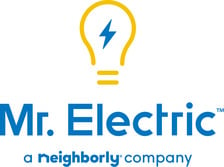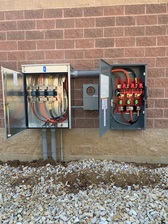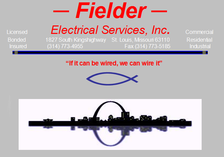
N3 Electrical Services
N3 Electrical Services
Here at N3 Electrical Services, we focus on quality electrical projects. We use our years of experience and expertise to complete your project with perfection. We are easy to work with, and get the job done right the first time. Customer service and honesty are the most important aspects of our business, and your satisfaction is our number one priority. Please call us today, for a free estimate. We look forward to working with you!
"Called when breaker wouldn't reset and 1/2 the house was in the dark, Came out same day. Problem was wiring on new ceiling fan. Fixed at very reasonable rate. Nathan is very nice and explained everything. Will definitely call for any other jobs that come up."
Mary R on January 2023
Here at N3 Electrical Services, we focus on quality electrical projects. We use our years of experience and expertise to complete your project with perfection. We are easy to work with, and get the job done right the first time. Customer service and honesty are the most important aspects of our business, and your satisfaction is our number one priority. Please call us today, for a free estimate. We look forward to working with you!
"Called when breaker wouldn't reset and 1/2 the house was in the dark, Came out same day. Problem was wiring on new ceiling fan. Fixed at very reasonable rate. Nathan is very nice and explained everything. Will definitely call for any other jobs that come up."
Mary R on January 2023















